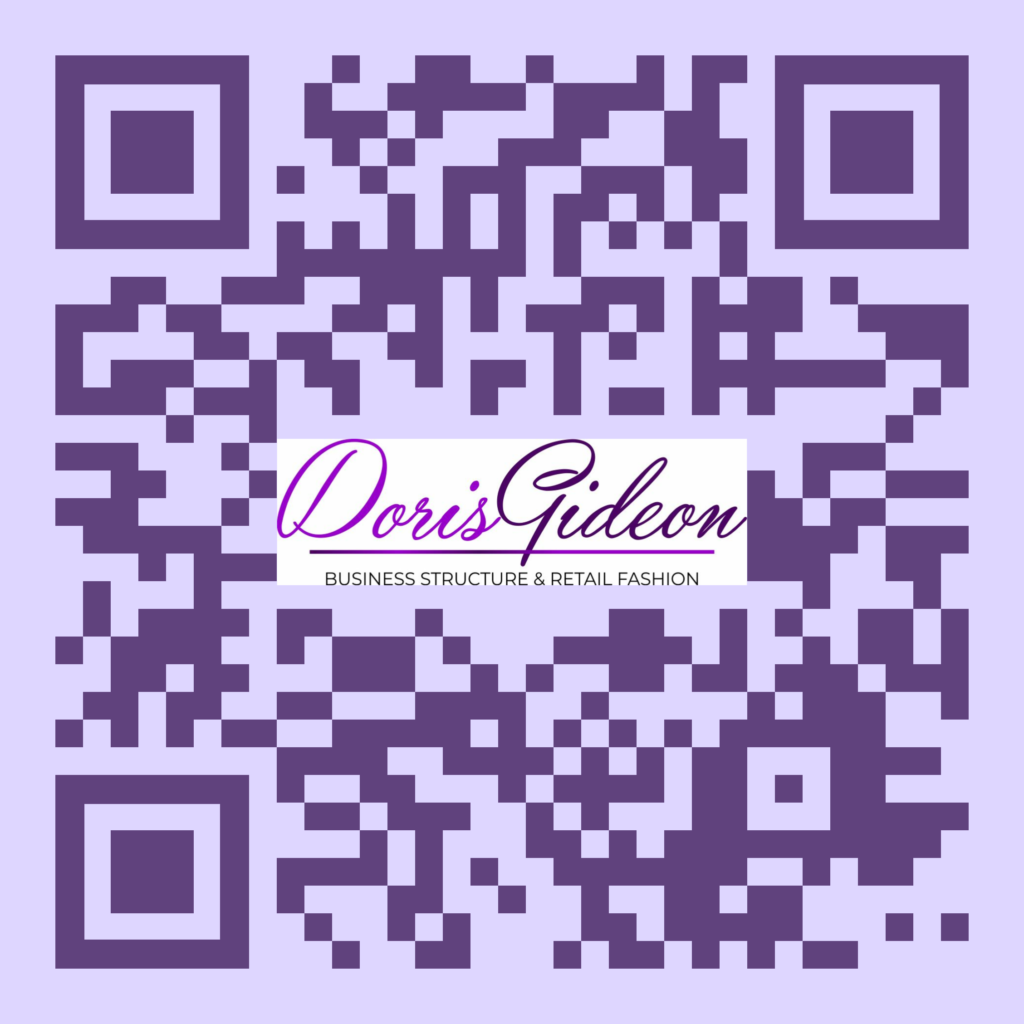Table of Contents
Introduction
In the age of rapid technological advancements, QR codes have emerged as a versatile tool that transcends industries and connects the physical world to the digital realm. These intricate pixel patterns hold immense potential for businesses, offering seamless interactions, enhanced customer experiences, and efficient data tracking. In this article, we will explore the diverse areas where they find their application, highlighting how they are transforming everything from retail to real estate.
What are QR Codes ?
QR codes, or Quick Response codes, are two-dimensional matrix barcodes that contain information that can be easily scanned and read by devices such as smartphones, tablets, and QR code scanners. They were originally created in 1994 by a Japanese company called Denso Wave, and they’ve since become widely popular due to their efficiency and versatility.
They can store various types of data, including URLs, text, contact information, calendar events, and more. When you scan a them using your device’s camera or a QR code scanning app, it quickly decodes the information embedded within the code and takes appropriate action based on the content. For example, scanning a QR code could open a website, display text, add an event to your calendar, or even connect you directly to a phone number for calling.
These codes are designed to be read quickly and accurately, making them convenient for a wide range of applications, from marketing and advertising to enhancing user experiences and improving efficiency in various industries. They’ve become an essential tool for businesses and individuals to bridge the gap between physical objects and digital content, making interactions more seamless and engaging.
Areas Where QR Codes Are Applicable
1. Retail Revolution: QR codes are revolutionizing the retail industry by bridging the gap between offline and online experiences. They adorn product tags, enabling customers to instantly access additional information, product specifications, and even customer reviews. This instant access to information empowers customers, streamlines their decision-making process, and fosters a deeper connection with brands.
2. Contactless Payments: In the wake of recent events, contactless payments have gained prominence. QR codes facilitate secure transactions, allowing customers to scan and make payments directly from their smartphones. This not only speeds up the checkout process but also promotes a hygienic and convenient payment experience.
3. Event Management: QR codes have transformed event management, replacing traditional paper tickets with digital passes. Attendees can simply present their QR codes for entry, reducing paper waste and ensuring smooth event logistics. Additionally, event organizers can track attendance and gather valuable data on attendee preferences.
4. Restaurant Menus: QR codes have found their way into the hospitality industry by replacing physical menus with digital versions. Diners can scan a them at their table to view the menu, place orders, and make payments. This touch less dining experience enhances safety and efficiency for both customers and staff.
5. Marketing and Promotions: QR codes are a valuable asset for marketing campaigns. Brands incorporate them into print advertisements, posters, and flyers to direct users to landing pages, promotional videos, or special offers. This dynamic interaction enhances engagement and drives conversions.
6. Manufacturing Innovations: Even the manufacturing industry can benefit from QR codes. They can replace user manuals with QR codes, directing users to digital files where they can find comprehensive guides for products. This enhances user experience and simplifies the access to crucial information
6. Real Estate Listings: QR codes are a game-changer for real estate professionals. They can be placed on ‘For Sale’ signs, enabling prospective buyers to access property details, virtual tours, and contact information instantly. This accelerates the property search process and provides a more immersive experience.
Conclusion
From simplifying transactions to enhancing customer engagement, QR codes have seamlessly integrated into various sectors, demonstrating their adaptability and value. As businesses continue to embrace digital innovation, they stand as a symbol of connectivity, convenience, and the ever-evolving landscape of technology. Whether you’re a retailer, a manufacturer, or a real estate professional, harnessing the power of QR codes can elevate your operations, streamline customer interactions, and contribute to a more sustainable future.
So, the next time you scan a QR code, remember that you’re not just unlocking information – you’re unlocking possibilities across a multitude of industries.
Read Also Discover the Potentials of QR Codes for Small Businesses




Pingback: Organizing Your Day with a To-Do List Can Transform Your Business - Doris Gideon